Making changes of existing irrigation system
9 years ago
Related Stories
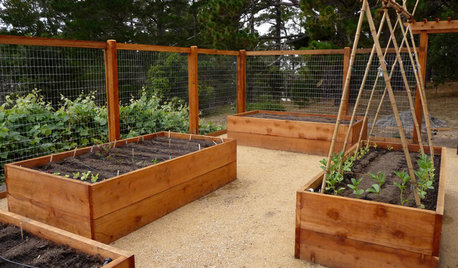
GARDENING GUIDESHow to Install a Drip Irrigation System
Save time and water with a drip watering system in your vegetable garden — a little patience now will pay off later
Full Story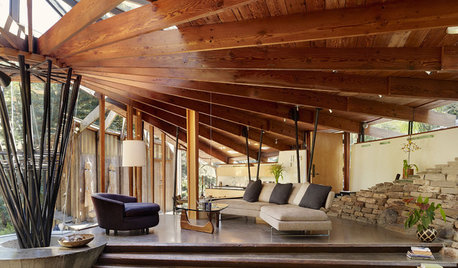
ARCHITECTUREHave It Your Way — What Makes Architecture Successful
Universal appeal doesn't exist in design. The real beauty of any home lies in individualization and imagination
Full Story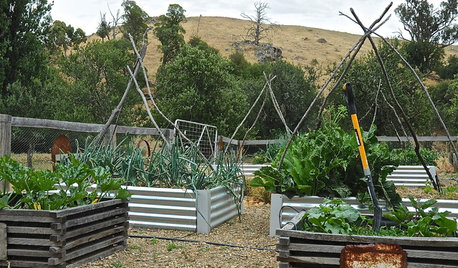
FARM YOUR YARD9 Ways to Change Up Your Vegetable Garden for the Coming Season
Try something new for edible plantings that are more productive than ever
Full Story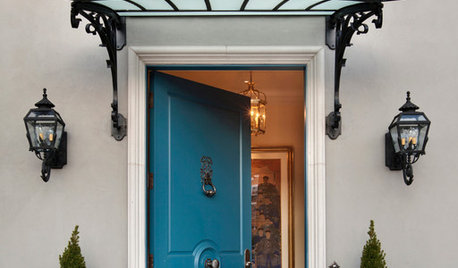
GREAT HOME PROJECTSMake a Push for a New Doorbell
Is it time to replace a doorbell or even add a door intercom or video system? Installation may be easier than you think
Full Story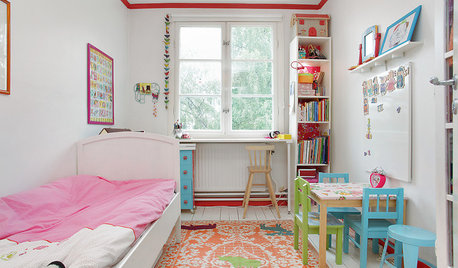
LIFEStop the Toy Takeover by Changing the Way You Think
Make over your approach and get gift givers onboard with your decluttering efforts by providing meaningful toy alternatives
Full Story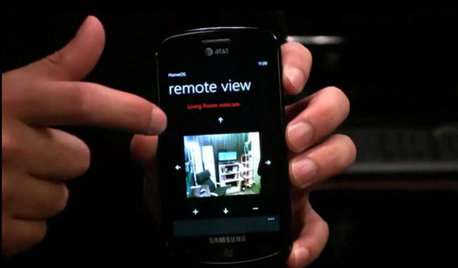
HOME TECHDoes Your Home Need an Operating System?
New technologies hope to unify the lawless frontier of home-automation products. Would they work for you?
Full Story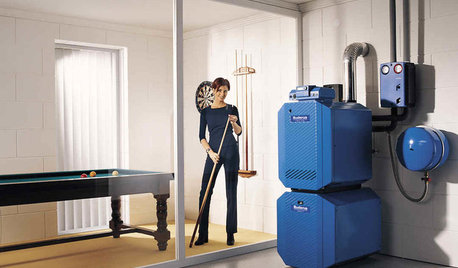
HOUSEKEEPING5 Steps to Improve Your Heating System Now
Increase your heater's efficiency and safety for lower energy bills and greater peace of mind this winter
Full Story
GREAT HOME PROJECTSHow to Add a Radiant Heat System
Enjoy comfy, consistent temperatures and maybe even energy savings with hydronic heating and cooling
Full Story
HOME TECHTote Your Tunes to Any Room With a Portable Wi-Fi Sound System
Free your home's music setup from wires with Wi-Fi speakers that let you take high-quality audio anywhere
Full Story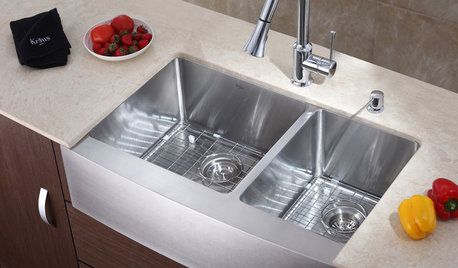
MOST POPULAR8 Little Remodeling Touches That Make a Big Difference
Make your life easier while making your home nicer, with these design details you'll really appreciate
Full Story





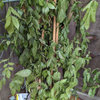

bossyvossy
irrigirl
Related Professionals
Horsham Landscape Architects & Landscape Designers · Severn Landscape Architects & Landscape Designers · Mount Wilson Landscape Architects & Landscape Designers · Burlington Landscape Contractors · Bainbridge Island Landscape Contractors · Beachwood Landscape Contractors · Cincinnati Landscape Contractors · Clark Landscape Contractors · Dallas Landscape Contractors · Fishers Landscape Contractors · 07920 Landscape Contractors · Baileys Crossroads Landscape Contractors · Shenandoah Landscape Contractors · Westmont Ironwork · Prunedale Solar Energy SystemsUser
silverdraggon
bossyvossy